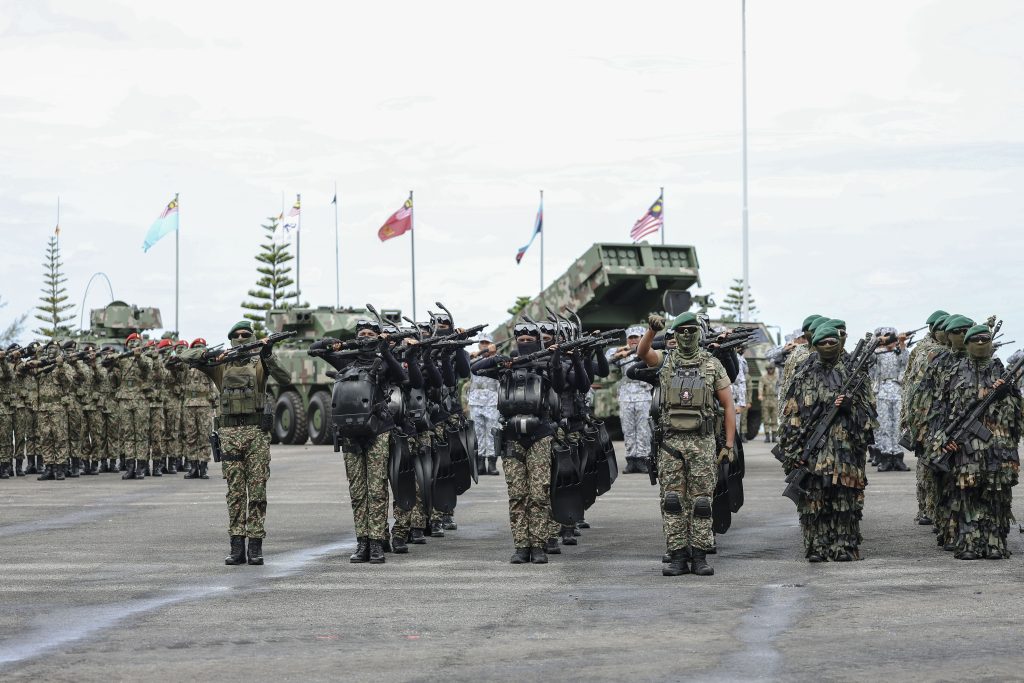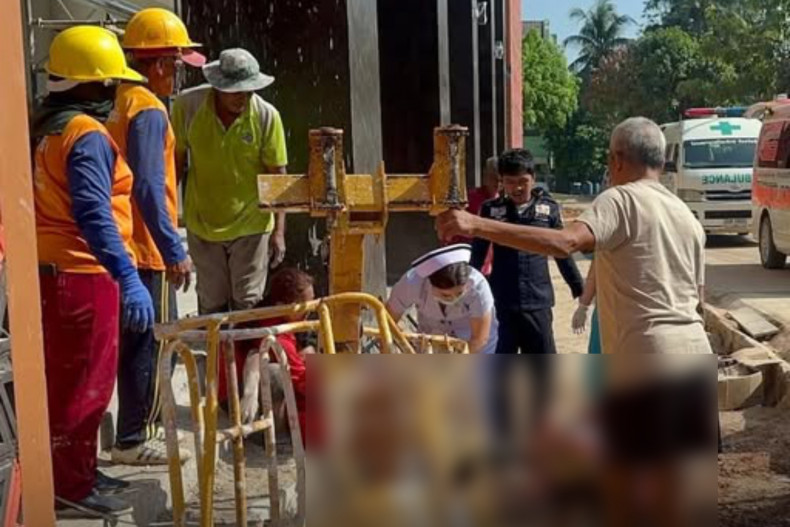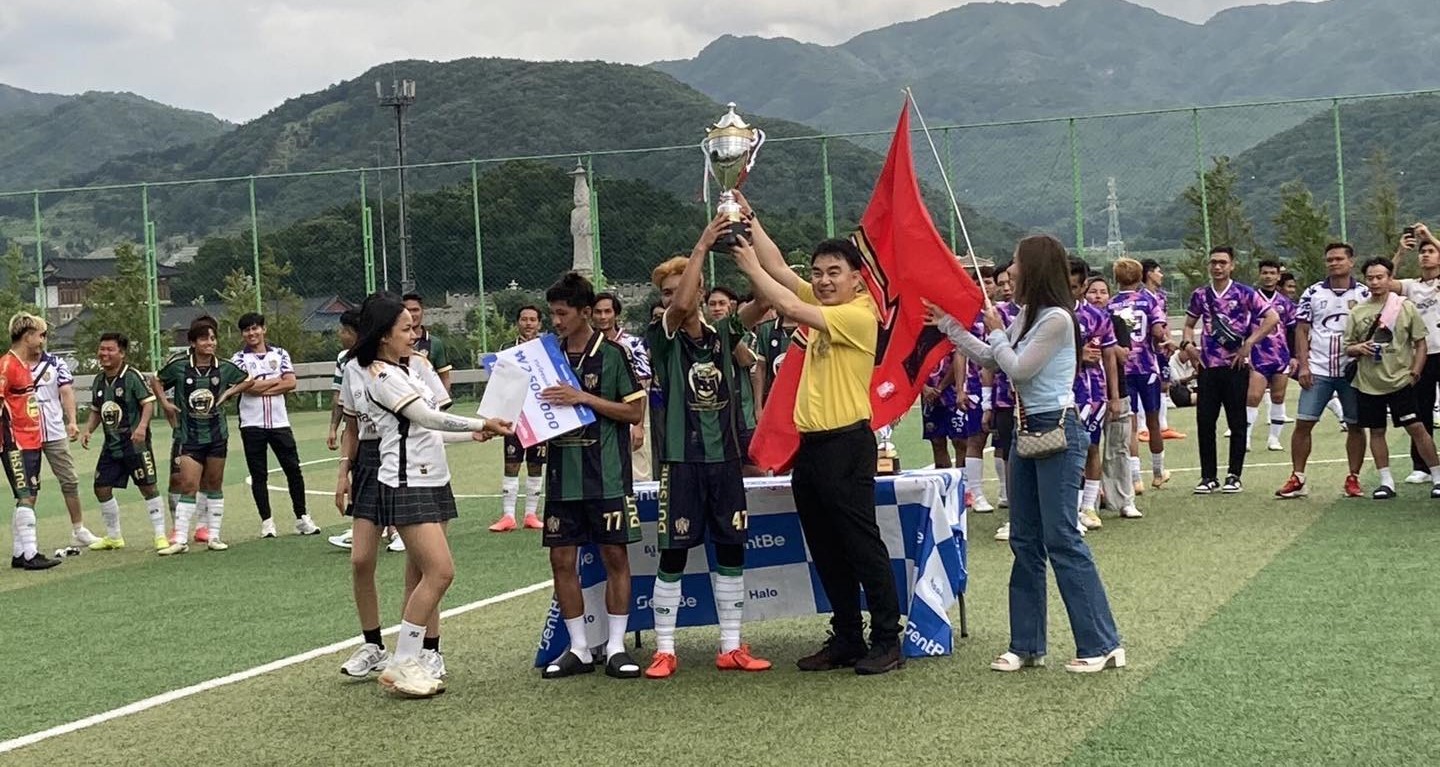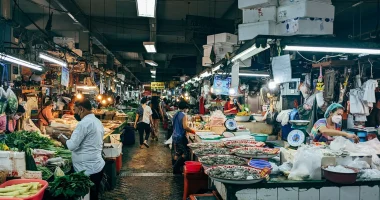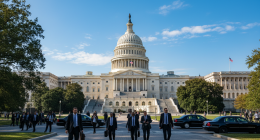Bilateral Focus for GBC Meeting
Thailand Declines International Observers
Thailand has firmly rejected Cambodia’s proposal to include international observers at the upcoming General Border Committee (GBC) meeting, emphasizing that the discussions should remain strictly bilateral. Scheduled for August 4–7, 2025, the talks aim to address ongoing tensions along the Thai-Cambodian border. By keeping the meeting exclusive to the two nations, Thailand seeks to maintain control over sensitive negotiations, prioritizing direct dialogue to resolve disputes without external influence.
Venue Change to Neutral Ground
Malaysia Hosts Amid Rising Tensions
Originally planned for Phnom Penh, the GBC meeting has been relocated to Malaysia due to growing anti-Thai sentiment in Cambodia. Deputy Defence Minister Gen Nattaphon Narkphanit, who also directs the Thai-Cambodian Border Situation Special Operations Centre, announced the change, citing safety concerns for the Thai delegation. The decision reflects a strategic move to ensure a neutral environment, reducing the risk of unrest and fostering a more productive atmosphere for negotiations.
Safety Drives Decision-Making
Protecting Thai Delegates
Gen Nattaphon clarified that the venue shift was not a sign of distrust toward Cambodia but a precautionary measure to safeguard Thai representatives. Recent public statements by Cambodian officials have sparked concerns about potential hostility, prompting the relocation to Malaysia. This neutral setting is intended to create a secure space for dialogue, allowing both nations to focus on de-escalating tensions without external pressures or safety risks.
Extended Agenda for Talks
Three-Day Schedule for Comprehensive Discussions
The GBC meeting has been expanded from a single day to three days, reflecting a broader agenda to address complex border issues. Gen Nattaphon hinted at the possibility of further extensions or postponements if negotiations stall, underscoring Thailand’s commitment to protecting national interests. While specific topics, such as the disputed Ta Kwai temple area, were not disclosed, the extended timeline signals a thorough approach to resolving longstanding disputes and preventing further escalation.
Cambodia Pushes for Observers
Proposal for External Involvement Rejected
Cambodia’s Defence Ministry, through spokesperson Lt Gen Maly Socheata, proposed that representatives from Malaysia, the United States, and China attend the GBC meeting as observers, citing their roles in the July 28 ceasefire mediation. However, Thailand declined, with Gen Nattaphon asserting that bilateral talks do not require third-party oversight, unlike the earlier ceasefire negotiations. Cambodia expressed hope for constructive outcomes, but Thailand remains firm in its stance to keep the discussions private.
Focus on Civilian Stability
Aiming to Ease Border Tensions
The GBC meeting aims to prevent further civilian impact from the Thai-Cambodian border conflict, which recently saw a devastating rocket attack on a Si Sa Ket convenience store. Gen Nattaphon emphasized that the talks will focus on de-escalating tensions to protect communities along the border. By maintaining a bilateral framework and relocating to a neutral venue, Thailand seeks to foster meaningful dialogue, ensuring that negotiations prioritize stability and peace for both nations’ citizens.
